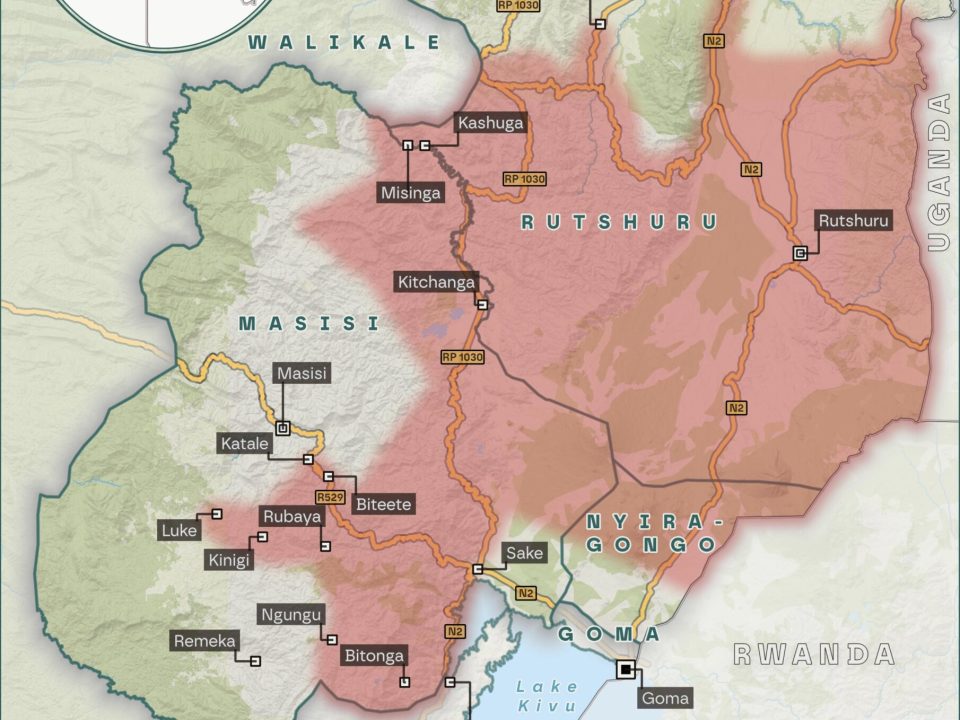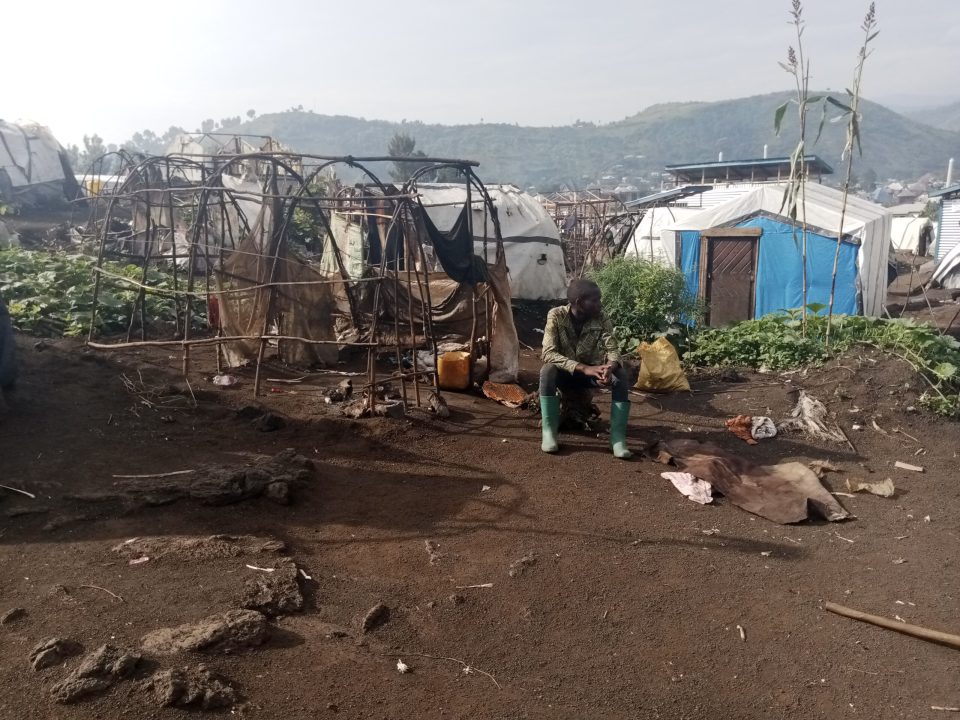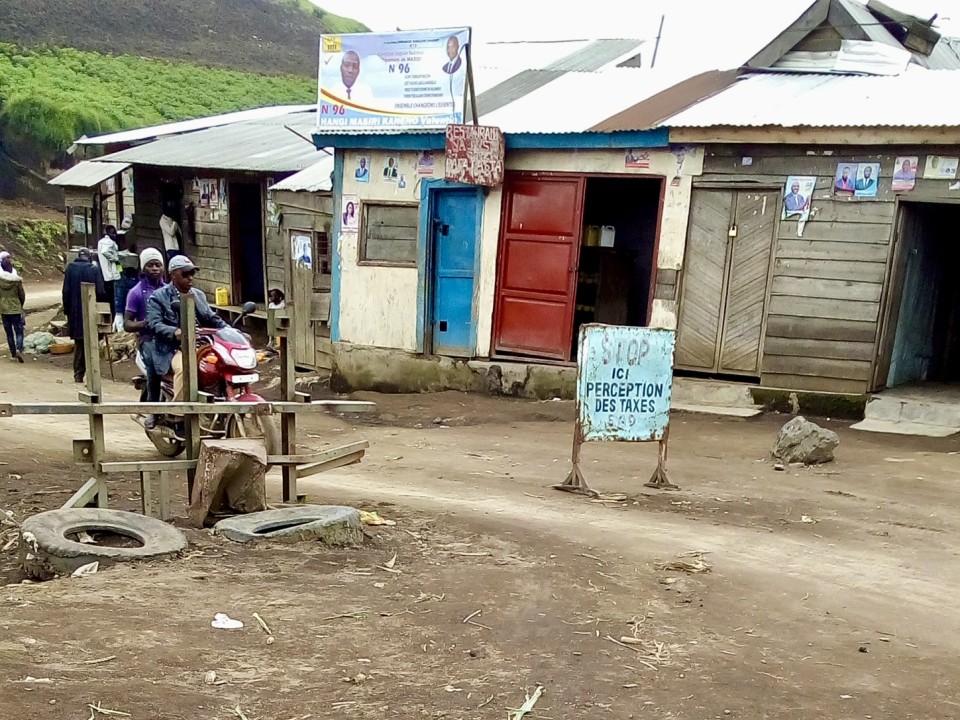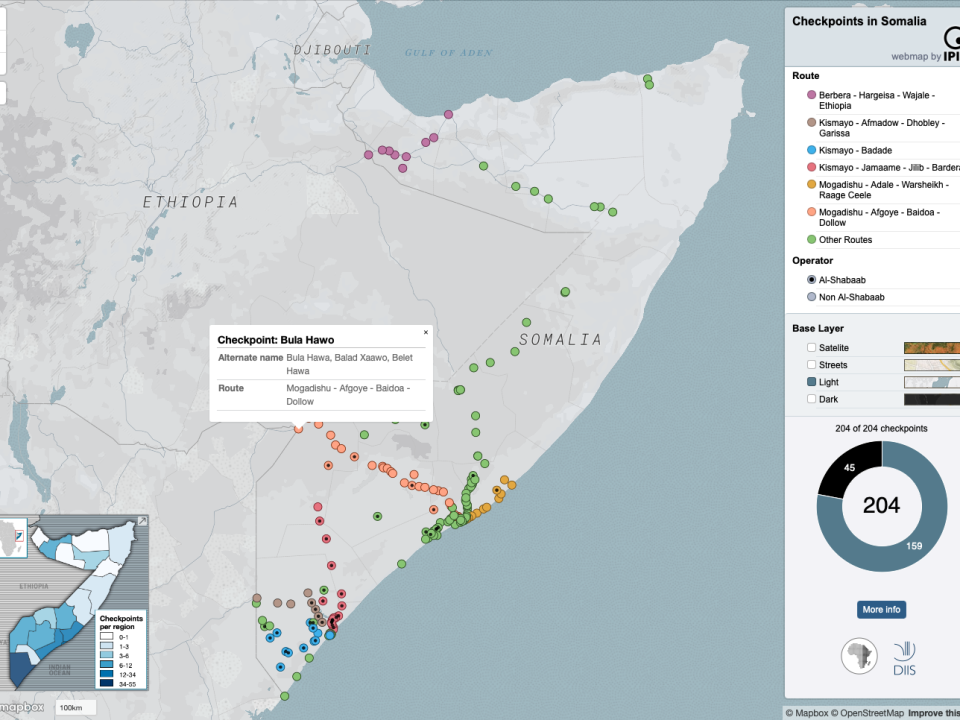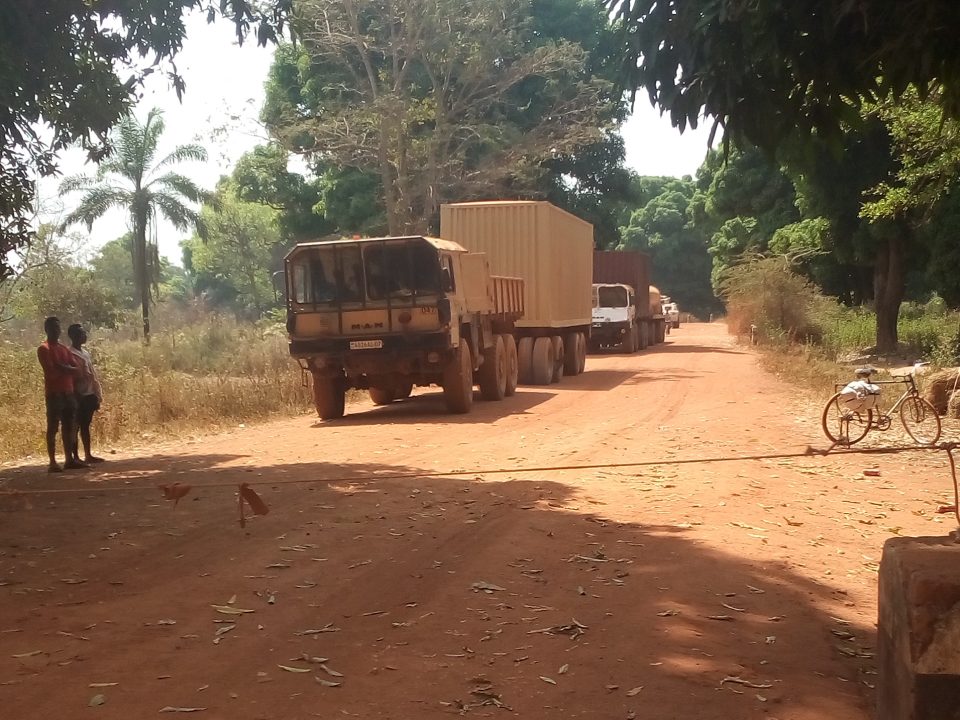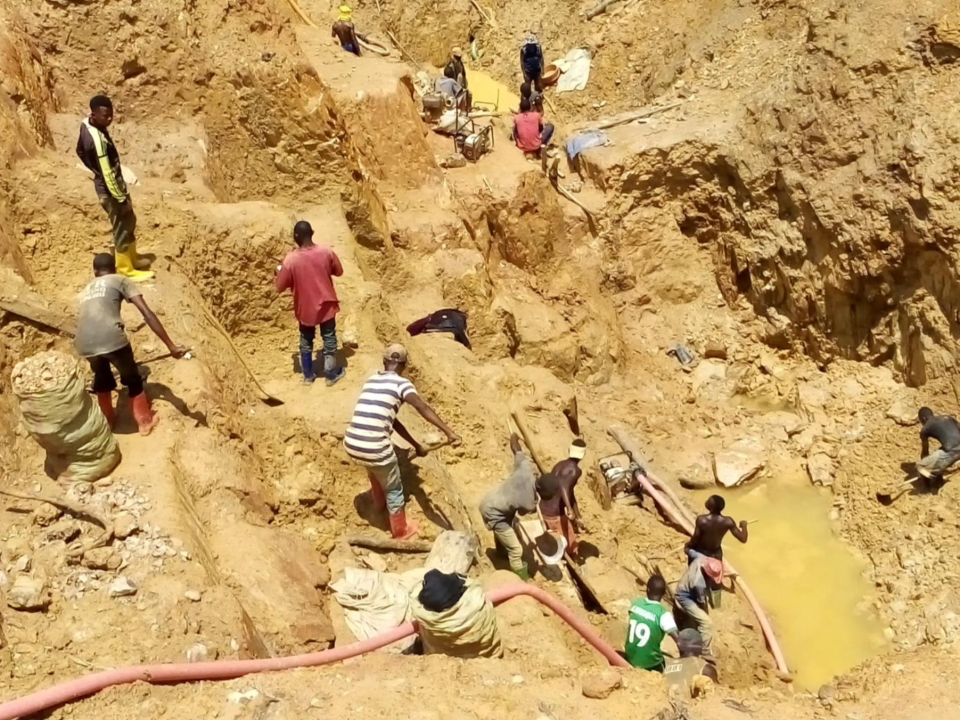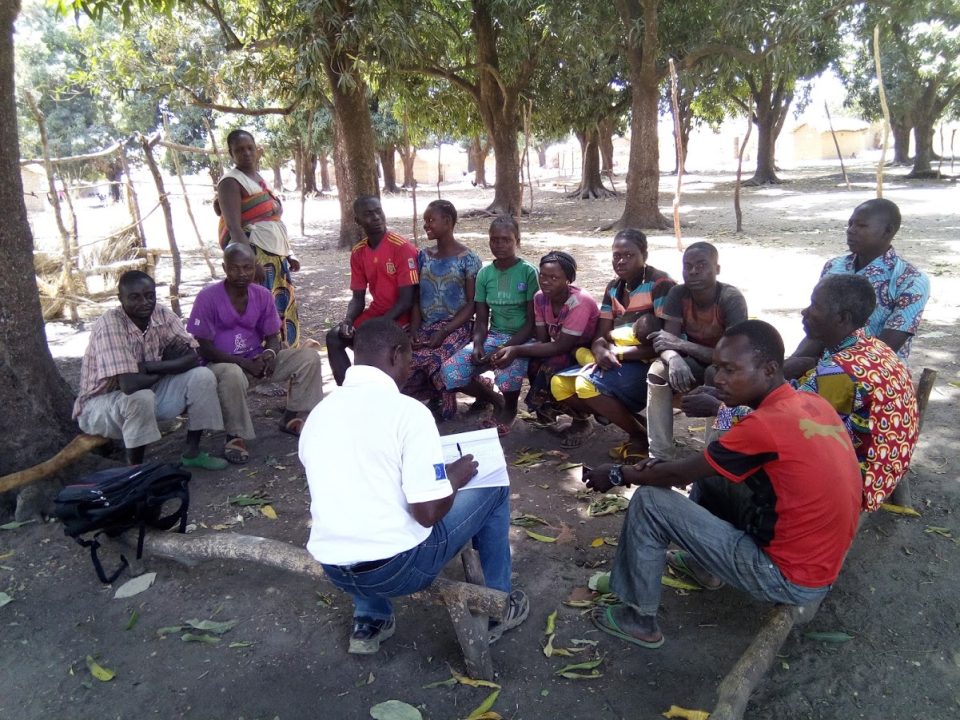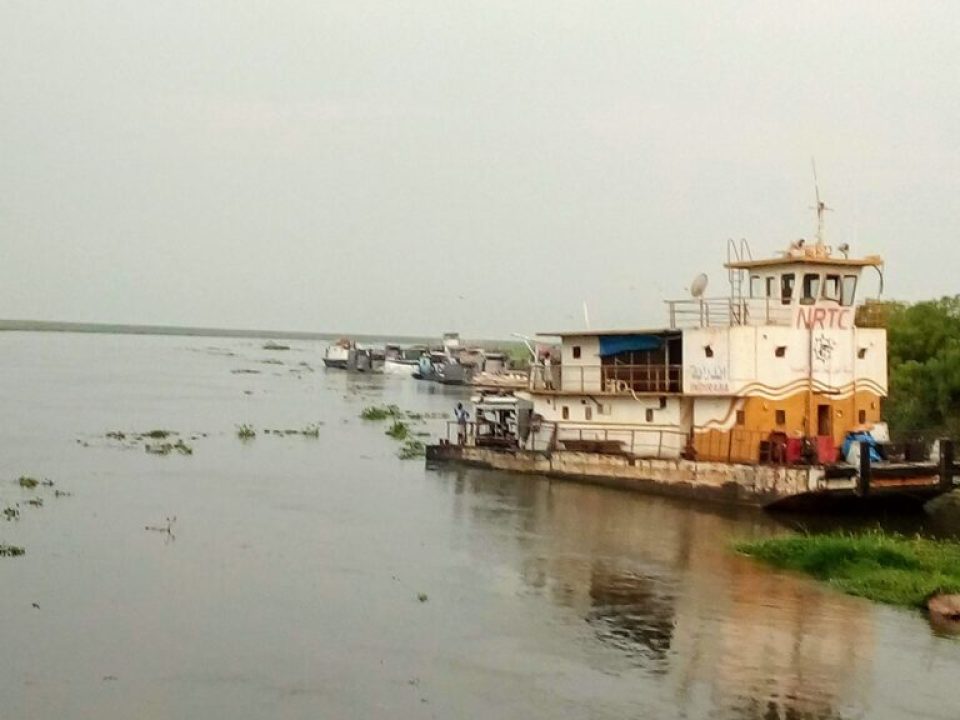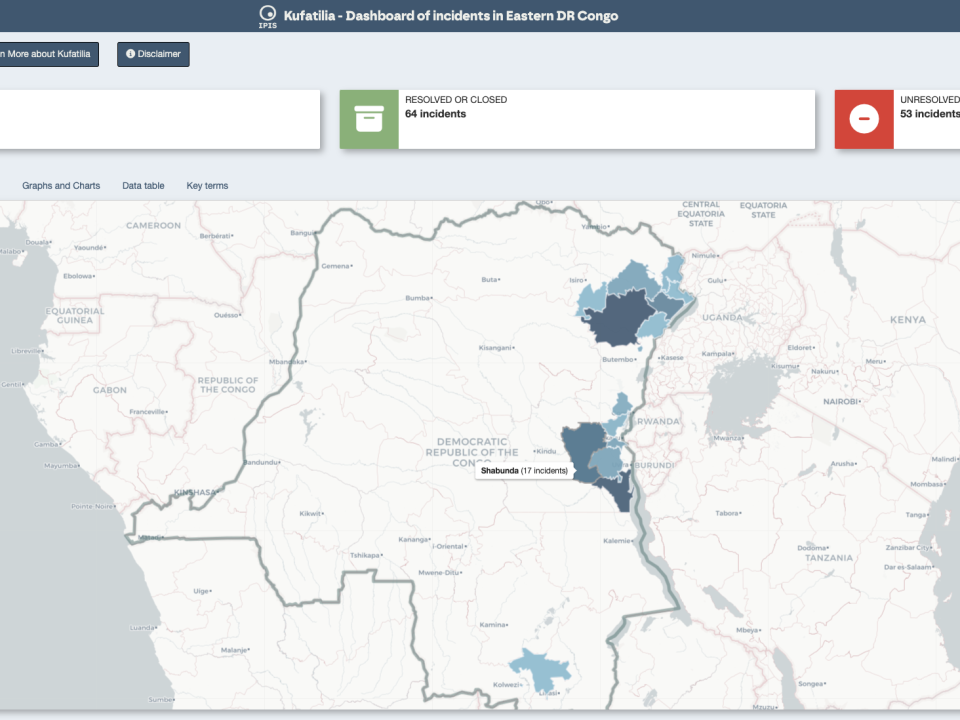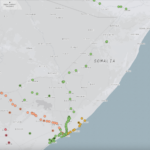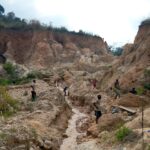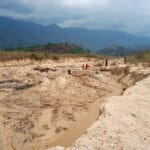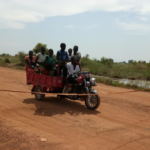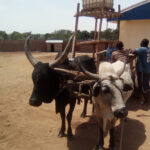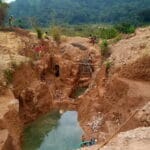Conflict Mapping
Maps have been critical tools in military logistics and understanding of conflict for centuries. During recent decades, advances in Geographical Information Systems (GIS) allow IPIS to use maps for even more sophisticated analysis of conflict and peacebuilding initiatives.
By collecting first-hand information in remote and conflict-affected areas, IPIS developed a new approach to conflict mapping for conflict analysis and the promotion of peace. In order to better understand conflict dynamics, IPIS uses maps to visualise conflict actors and their areas of influence, conflict drivers such as natural resources or key territories, conflict events and severity, and contextual information. As such, IPIS maps are an integrated part of the research methodology and are used as a crucial source for analysis by our researchers and its partners.
Recent publications
CONFLICT MAPPING NEWS
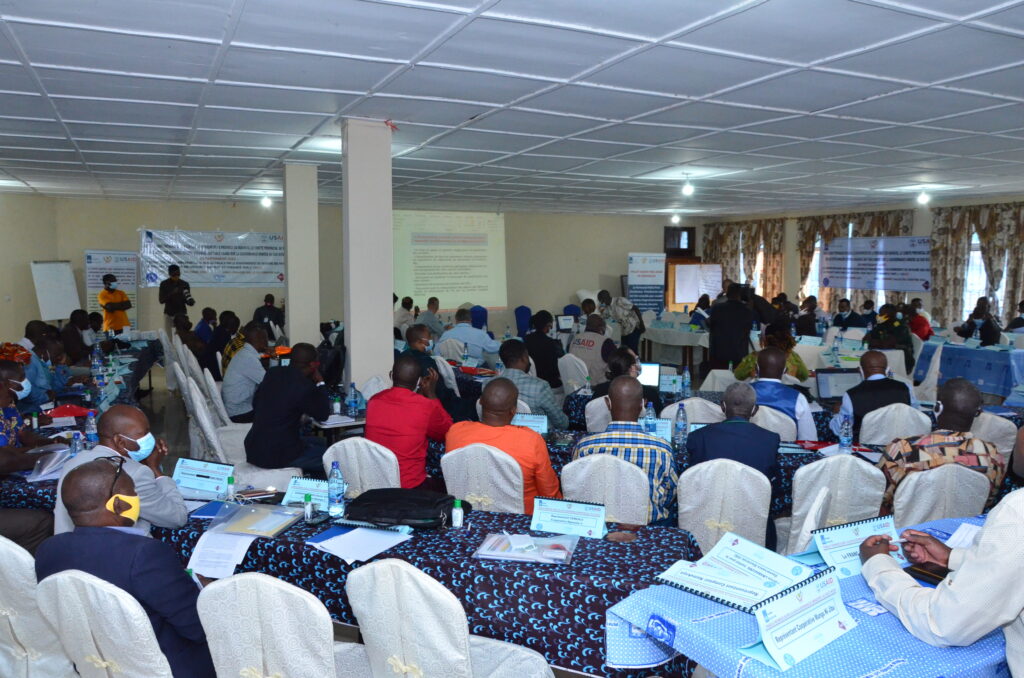
“The Blue Mine” as a new status for qualifying mine sites in DRC. The result of successful advocacy by the Madini Project
On November 12th 2021, the National Minister of Mines of the Democratic Republic of Congo (DRC), Madam Antoinette N’Samba Kalambayi, signed the ministerial decree instituting

IPIS welcomes University of Antwerp Summer School for workshop on artisanal diamond mining
On August 28th, 2019, 21 students from the University of Antwerp’s ‘Mine to Finger’ Summer School on diamonds were engaged on “The use of digital
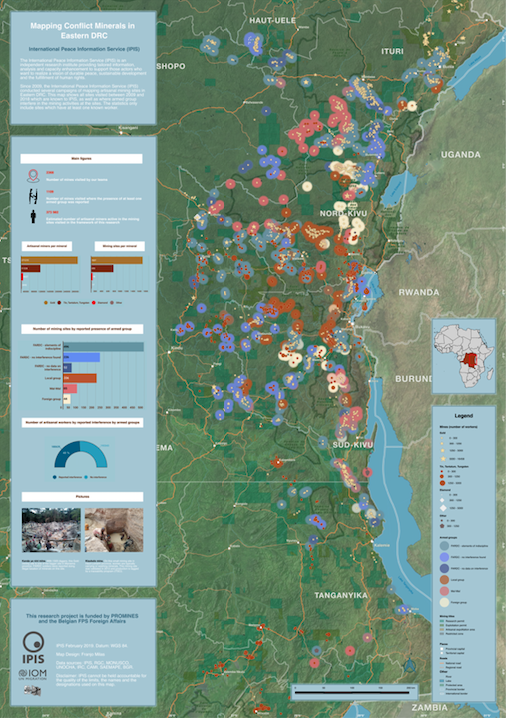
Working on conflict mapping through GIS – A goodbye from our latest GIS intern
I arrived at IPIS in January of this year with the purpose to further improve my GIS skills and work on the topic of conflict
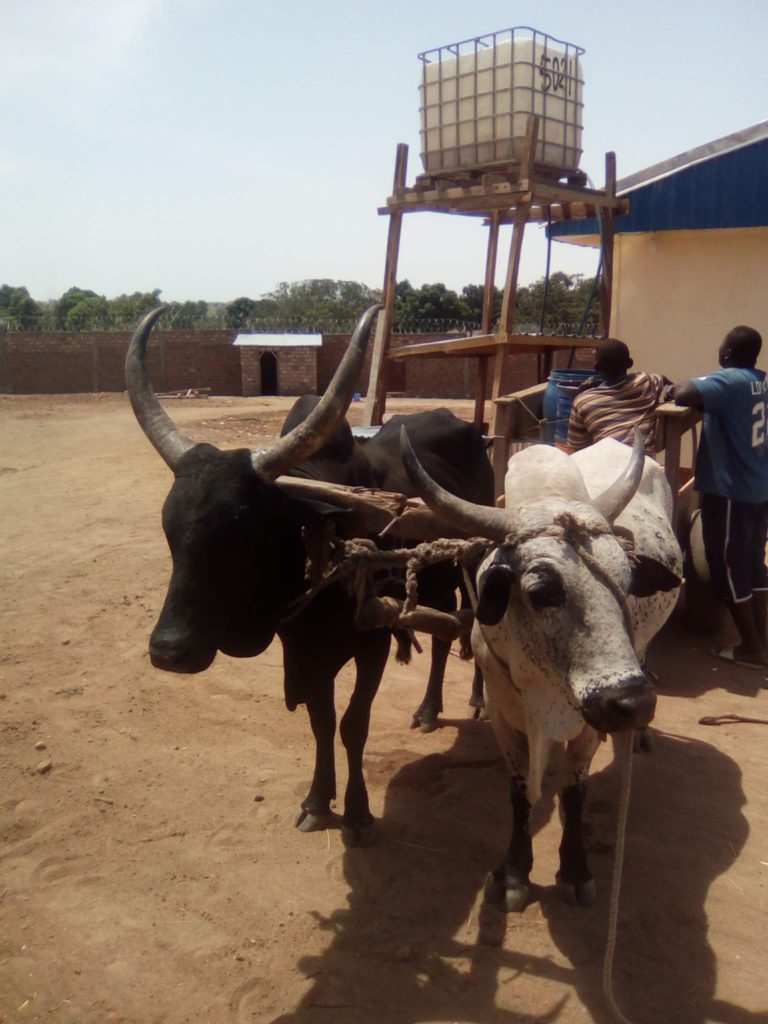
Pastoralism in the Central African Republic conflict: new IPIS research launched
With thorough conflict mapping and analysis of the drivers and actors of conflict in the Central African Republic, IPIS has contributed to a better understanding

